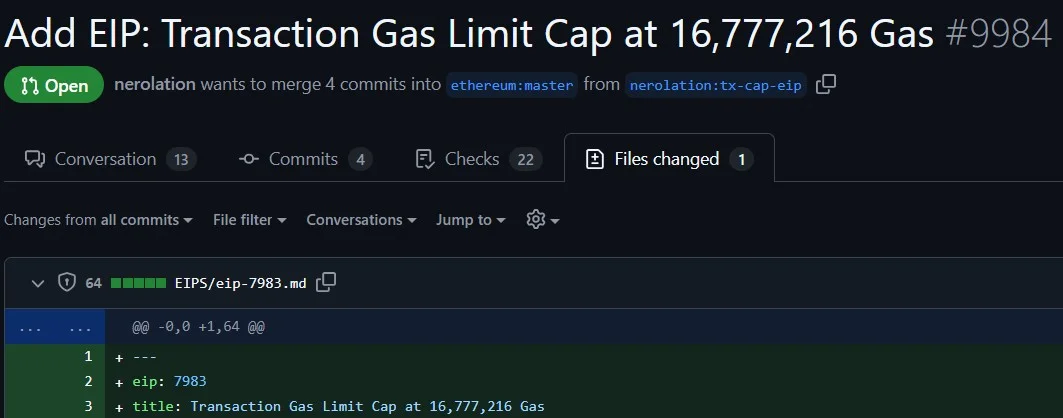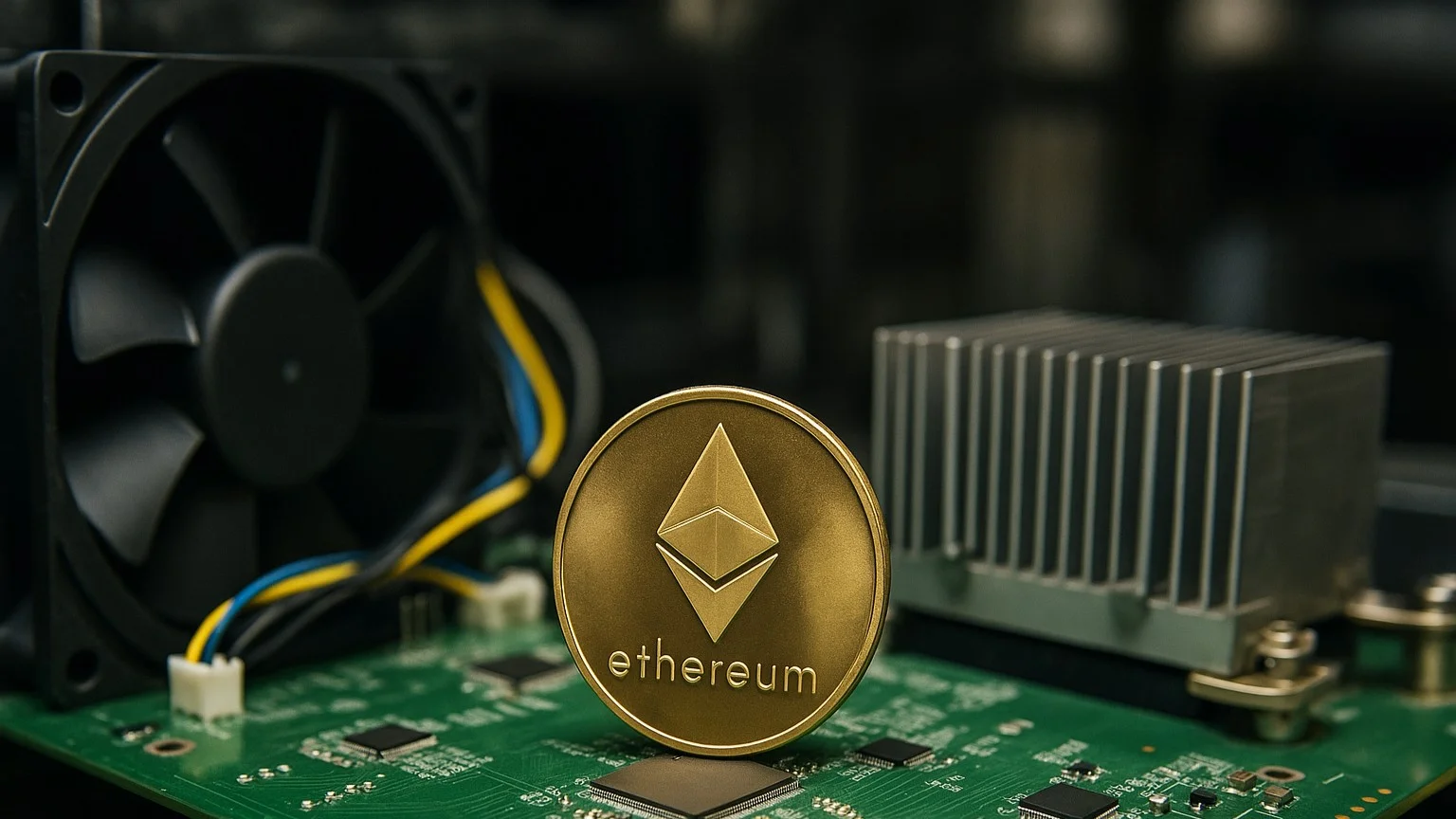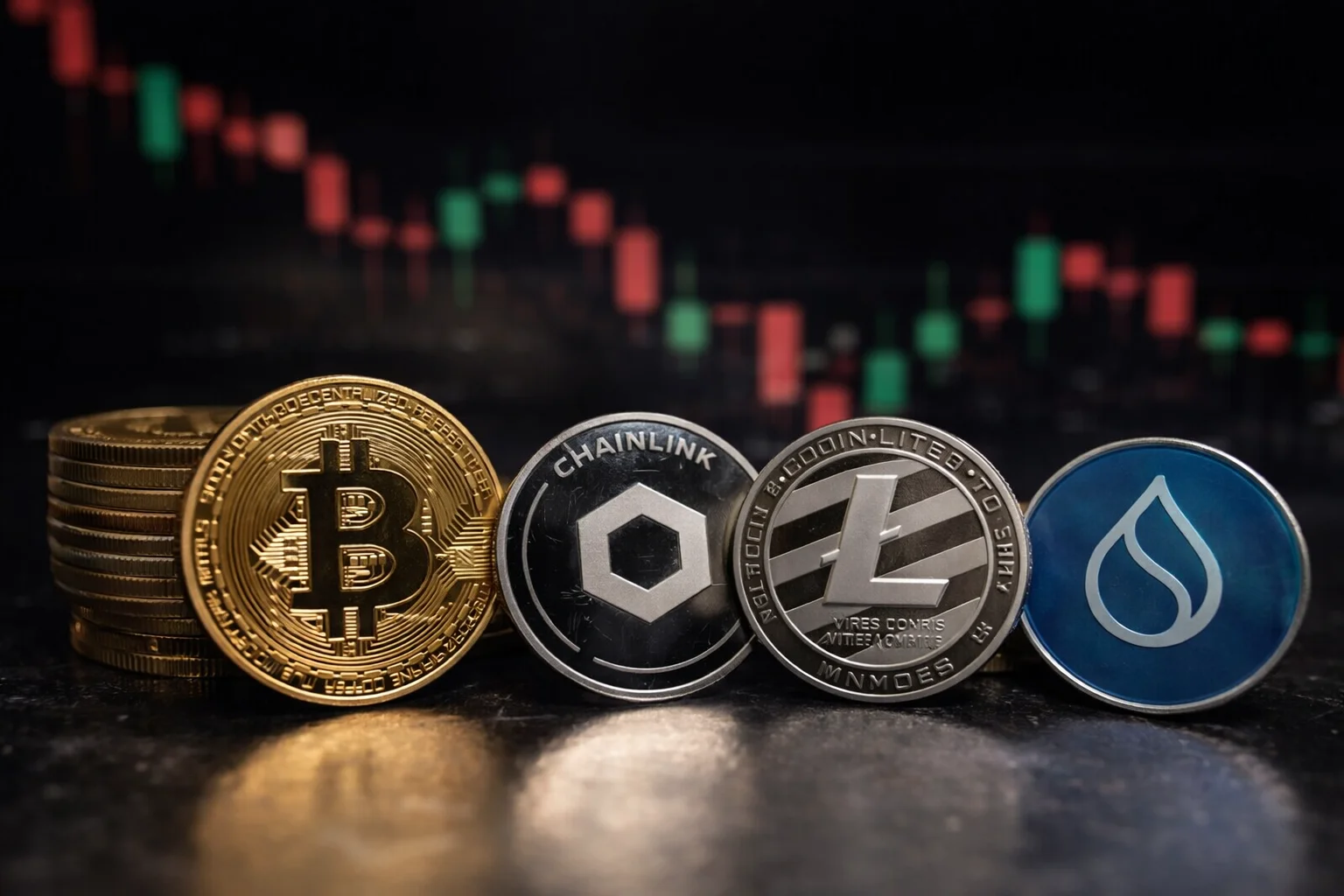Ethereum co-founder Vitalik Buterin and researcher Toni Wahrstätter have submitted an important proposal for the Ethereum network: EIP-7983. This new Ethereum Improvement Proposal (EIP) aims to limit the maximum amount of gas that a single transaction can use to 16,777,216 (2²⁴). The primary goal of the proposal is to enhance network security, prevent denial-of-service (DoS) attacks, and strengthen overall network stability.
New proposal for Ethereum network security
In the Ethereum network, “gas” is a unit of measurement that represents the computational power required to execute a transaction. Just as cars run on fuel, transactions on Ethereum also run on “gas.” Users pay gas to execute smart contracts, transfer tokens, or perform transactions in decentralized applications. The amount of gas varies depending on how complex a transaction is; transactions that require more computational power consume more gas. Therefore, gas limits and fees on the Ethereum network are an important factor that directly affects both transaction costs and network security.

Currently, a single transaction on Ethereum can consume the entire gas limit of a block. This situation allows malicious actors to send transactions large enough to slow down or even halt the system. With EIP-7983, this risk is greatly reduced. According to the proposal, transactions that exceed the gas limit will be directly rejected during the block validation process. This limit aims to increase transaction efficiency as well as security. Ensuring a more consistent transaction distribution on the Ethereum network will have a positive impact on network performance.
A new step toward scalability with zkVM compatibility
Another important benefit of the gas limit is that it increases compatibility with virtual machines based on zero-knowledge proofs, or zkVMs. zkVMs play a critical role in Ethereum's future scaling solutions. However, they can struggle to execute large transactions in parallel. Therefore, dividing transactions into smaller pieces supports the zkVM architecture and provides a more modular structure to the overall network design.
The 16.77 million gas limit is not a randomly chosen number. Developers note that this value is high enough to support both today's common DeFi transactions and smart contract deployments, while also providing the necessary limits for network stability. Additionally, it is stated that the vast majority of current transactions remain well below this limit. Thus, the proposal will affect very few users or developers in practice.
Of course, this change does not offer backward compatibility. In other words, if the proposal is implemented, transactions sent previously that exceed this limit will no longer be valid. However, developers argue that such edge cases are rare and will not cause a major problem in the system.
EIP-7983 appears to be part of Vitalik Buterin's long-standing plan to “make Ethereum simpler and more modular.” The proposal is currently in draft form and open for review by the Ethereum community.




